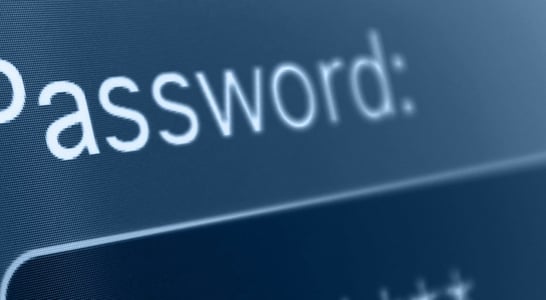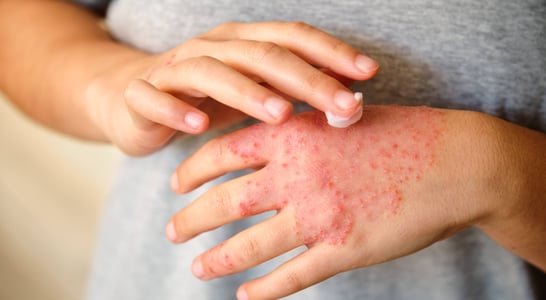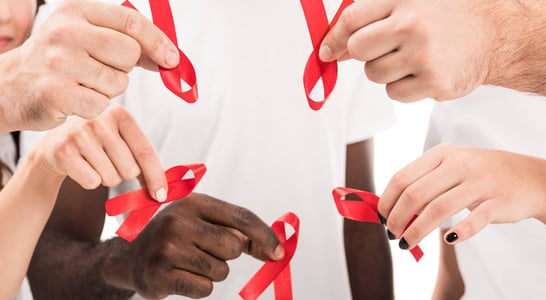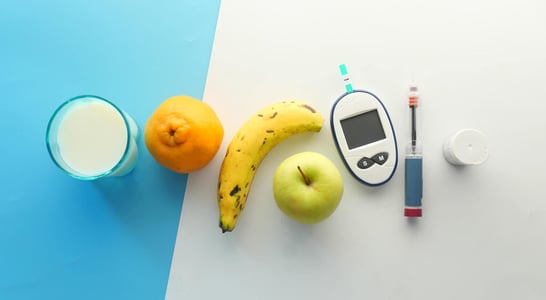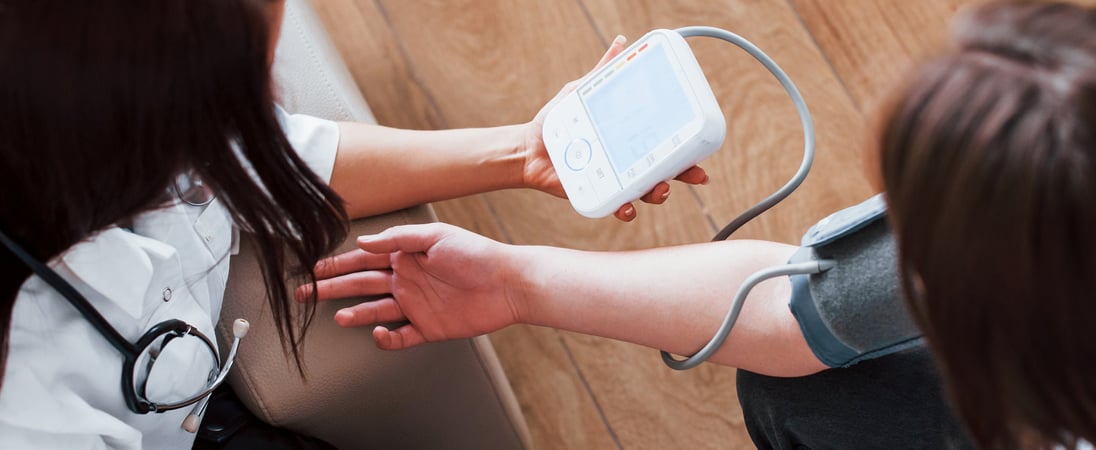
National High Blood Pressure Education Month
Many people don’t realize that high blood pressure, or hypertension, is a rather quiet health concern that acts as a marker for many other potentially serious health issues.
From heart disease and stroke to chronic heart failure and kidney disease, blood pressure can impact a range of medical problems that could be life-threatening.
The good news is that high blood pressure is very controllable under the care of a doctor! But with statistics showing that approximately half of Americans live with high blood pressure, many of whom aren’t aware of it, this event is an important one.
National High Blood Pressure Education Month brings a vitally important opportunity to improve awareness about the impact that something so simple as blood pressure can have on a person’s health.
In addition, this month can be a launch point for health care providers and medical practitioners to educate their patients and the general public about the ways they can work to prevent issues related to blood pressure.
How to Celebrate National High Blood Pressure Education Month
With thirty-one days to get involved, there are all sorts of ways to participate in National High Blood Pressure Education Month, including some of these ideas:
Check That Blood Pressure!
Many local pharmacies throughout the US offer free health screenings that include blood pressure, or they may have a machine available for anyone to use. People can also contact their general practitioner to get a blood pressure check if they feel it is needed, or use an at home blood pressure monitor.
Take a look at these CDC recommendations for more information .
Measure Blood Pressure with 4 Easy Steps
The National Hypertension Control Initiative is an arm of the American Heart Association who offers resources for people to commit to a plan to “Get Down With Your Blood Pressure”.
Participants are provided with 4 easy to remember steps to get a blood pressure reading on machines at home or in the local pharmacy:
- Get It
- Slip It
- Cuff It
- Check It
Once the results come, be sure to stay in communication with a doctor regarding blood pressure numbers or any other health concerns.
Get Resources About High Blood Pressure
Since about half of Americans have high blood pressure, and many more are taking care of people who have it, it’s important to be educated in honor of this event.
Of course, the care of a doctor is the number one defense, but there are many other resources such as a list of questions to ask a doctor or how to understand blood pressure readings.
Prevent High Blood Pressure
One theme that some organizations use for National High Blood Pressure Education Month is “Your Health Is In Your Hands”.
This idea of empowering and giving agency to each person is key to living a life that has controlled blood pressure and lowered risk of serious illness.
In addition to controlling high blood pressure through prescription medication from a doctor, many lifestyle factors are also involved in lowering the blood pressure including reducing stress, stopping smoking and limiting alcohol consumption.
Check out a few of these health hacks for reducing blood pressure:
- Exercise Regularly. Doctors recommend up to 150 minutes per week of moderately intense exercise in 10 minute bouts
- Reduce Sodium. Salt, salt-preserved meats and other meals high in sodium like processed convenience foods, can raise the blood pressure
- Avoid Caffeine. This substance, found in coffee, soft drinks, chocolate and more, can raise the blood pressure almost instantly
- Get Enough Sleep. When a person is sleeping, their blood pressure is naturally lowered and stress is reduced
Other events related to National High Blood Pressure Education Month that are celebrated throughout the year include National Stroke Awareness Month also in May, World Stroke Day in late October, and Heart Failure Awareness Week in February.
History of National High Blood Pressure Education Month
The first celebration National High Blood Pressure Education Month took place in 1974 when it was founded through the efforts of the National Heart, Lung, and Blood Institute (NHLBI).
This event was part of a larger initiative that started in 1972, called the National High Blood Pressure Education Program (NHBPEP).
After several decades, this event has grown in scope and size, garnering support and awareness through more than 300 different partner organizations such as the American Heart Association, the American Medical Association, and the National Institutes of Health, along with other organizations and educational institutions.
National High Blood Pressure Month is a US event that coincides with the World Health Organization (WHO) observance of World Hypertension Day on May 17.
Also in ...
View all holidaysWorld Password Day
Protect your privacy and self by taking some time to update your passwords. Avoid pet or family names, important dates, and other identifying information.
National Purebred Dog Day
Many purebred dogs offer invaluable services to mankind, from sheepherding to hunting to guarding and search-and-rescue, so give some love to purebreds.
School Principals’ Day
Organize an event or write a card to show your appreciation for the educators that run our schools. School principals work hard to make kids’ lives and educations better.
We think you may also like...
Eczema Awareness Month
A persistent skin condition that requires gentle care, soothing treatments, and understanding to alleviate discomfort and promote healing.

